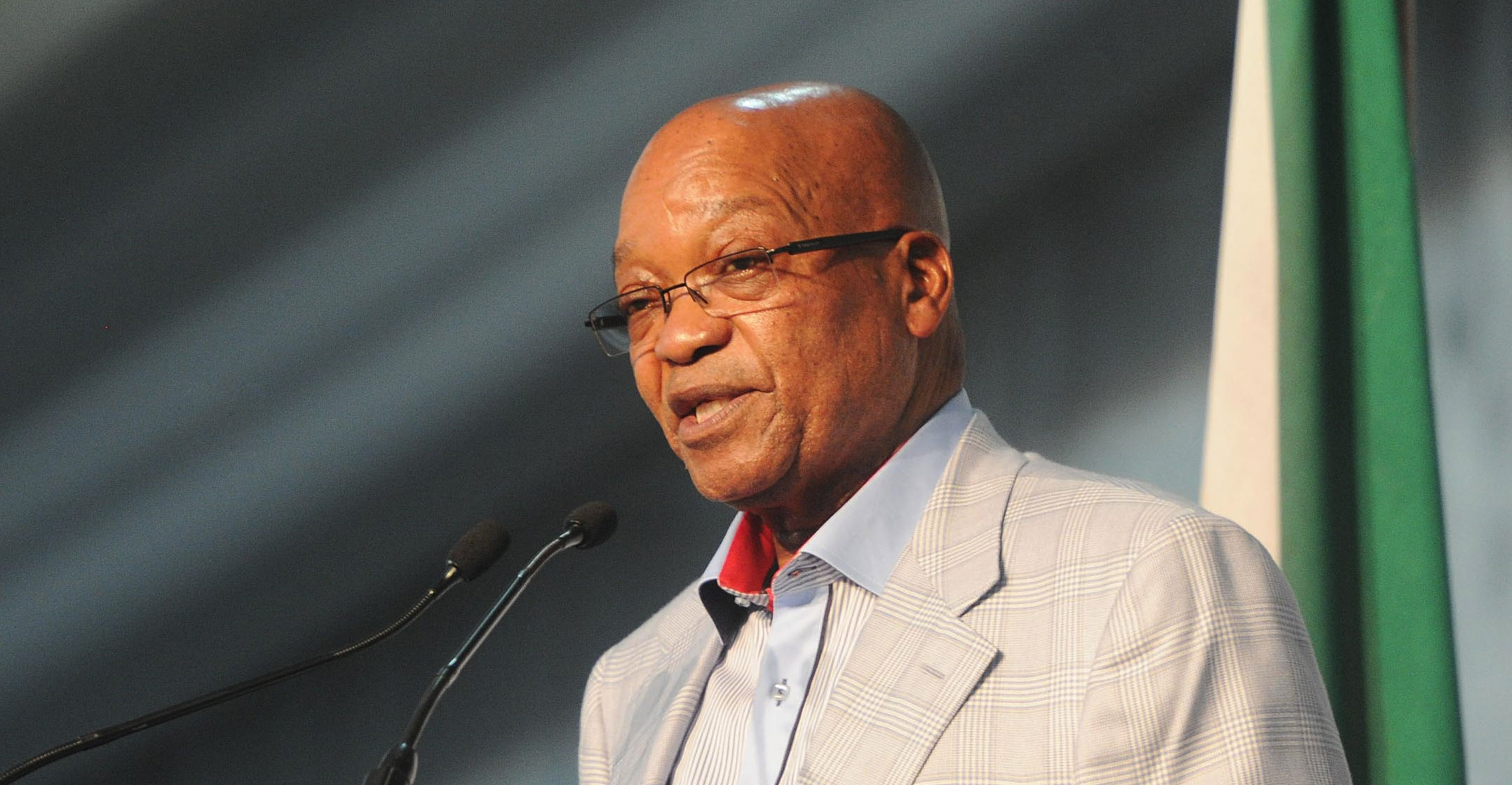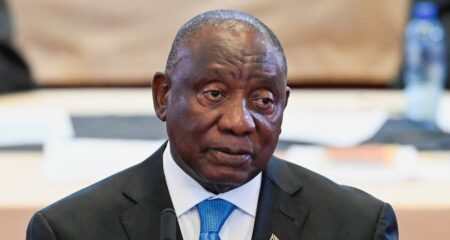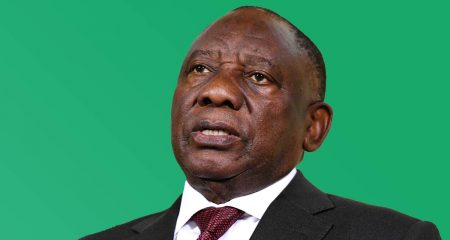
South Africa is unlikely to adopt policies needed to drive growth, investment and job creation for at least several years because of infighting in the governing ANC, according to one of the country’s leading research institutions.
The party is currently gripped by a power struggle over who should succeed Jacob Zuma as its leader in December and as president in 2019, with deputy President Cyril Ramaphosa and former African Union Commission chairwoman Nkosazana Dlamini-Zuma seen as the leading contenders.
While the two main ANC blocs have probably decided in principle to unite and avoid a divisive leadership race that could split the party, they haven’t agreed on who should fill the top posts, the South African Institute of Race Relations said in a report. Even if a deal is struck, ideological differences, political squabbling and policy uncertainty are likely to endure well after its 16-20 December elective conference, it said.
“Our medium-term view is that any short-term political leadership changes are likely to be more apparent than real and will not deliver fundamental structural reform,” the Johannesburg-based institute said in the report. “Weak economic performance will persist and continue to give impetus to a trend of rising levels of protest and declining confidence in the future. In 2019, the ruling party will go into an election facing the possibility of defeat for the first time, opening the way to an extreme spectrum of outcomes.”
Africa’s most industrialised economy has expanded an average of 1.6%/year since Zuma, 75, took office in 2009, impacted partly by a series of scandals, policy missteps and appointments that rocked investor an business confidence. The gloom deepened this year, with two ratings companies downgrading the country’s debt assessment to junk after Zuma fired Pravin Gordhan as his finance minister, and allegations surfacing that billions of rand have been looted from state companies.
Still popular
While criticism of Zuma’s administration has soared, he’s still popular among ANC supporters, especially in his home province of KwaZulu-Natal, the institute said in the report. It expressed “moderate confidence” that the political infrastructure created around the president will retain much of its influence and could probably hold sway at the December leadership conference if the contest is decided by a vote.
Zuma’s camp “controls sufficient assets, from the police and intelligence services to the public protector, treasury and public broadcaster, to justify the view that it retains the balance of power both in the government and the ruling party”, it said. “Its leaders, and in particular Mr Zuma, are astute strategists.”
While the competing bloc that’s coalesced around Ramaphosa has been widely portrayed by the media and analysts as being democratic and open to economic reforms, it includes a wide range of interest groups, including organised business, labour unions and communists, that may struggle to find common ground, the institute said. — Reported by Mike Cohen, (c) 2017 Bloomberg LP




